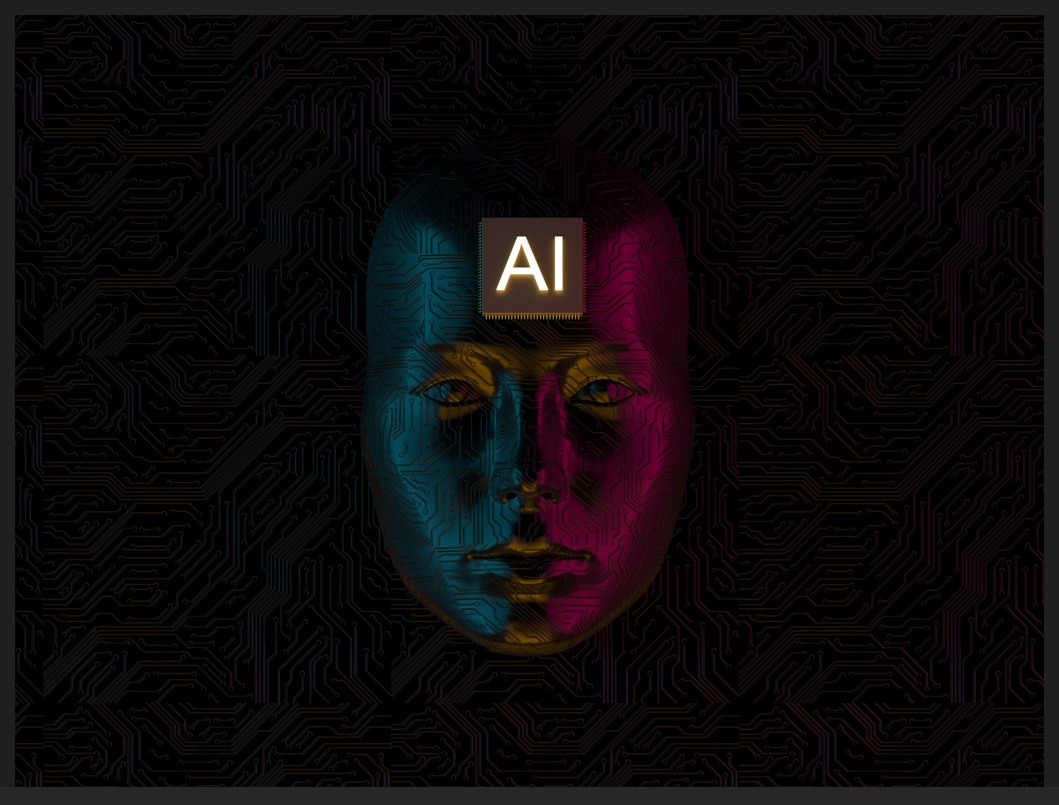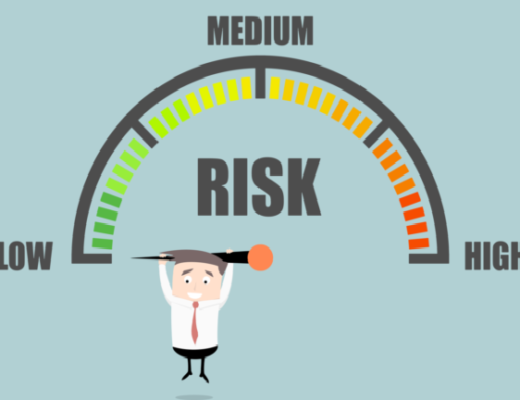Google’s recent update targeting low-quality AI-generated content is a new change that will impact SEO Strategies and content marketing. This move aims to elevate search results through search engine optimization by prioritizing informative and user-centric content. With this move, some content creators who relied heavily on automated content will be impacted. This shift encourages a return to high-quality content creation, benefiting users who seek valuable information online.
Google estimates that as a result of these new Google Algorithm’s update, the amount of plagiarized and low-quality content in search results will drop by 40 percent.
The recent Google Algorithm update will deeply shake current SEO strategies where keyword stuffing or content-spinning strategies are used to manipulate search engine ranking algorithms and impact rankings. Google and other search engines give preference to user-friendly and informative information and content that is overly wordy and hard to read is frustrating to readers and damages the reputation of your website.
Ergo, Ahrefs stated in their blog that Google actively penalizes websites that use these tactics. Their powerful algorithms are capable of identifying nonsensical text and excessive keyword density. These penalties have the power to drastically lower your website’s search engine rating and drive away potential customers.
Therefore, Google suggests that investing time and effort (even if it is assisted by AI) into creating spam content is a waste for both SEO and content marketing purposes. You’d be better off focusing on creating high-quality, informative content that organically attracts and engages your target audience.
To prevent spam AI content from the SERPs, Elizabeth Tucker, a director of product management at Google stated that the latest update from Google removing all low-quality AI-generated content will play a major role in refining the ranking systems and checking whether the webpages are merely created to influence search engine rankings.
He explained that the most effective SEO tactics produce excellent content that actually informs, helps and engages readers. This builds trust and establishes your site as an authority, leading to organic traffic and better rankings.
Low-Quality AI-generated Content Impacting Organic Search Results
Why is Google removing AI-assisted content?
This recent update from Google has sent shivers down the spines of some content creators who were taking shortcuts to upload maximum content on their pages. Google is going to start cracking down on AI-generated content. But the main question that we need to understand is – Why?
Let’s break down the current content marketing and SEO situation.
AI writing tools such as ChatGPT by OpenAI, Gemini by Google and other chatbots have become quite popular since 2022 as they can create content fast and according to the requirements. There are other players as well such as AI-fueled, Spin Rewriter, and Spinbot, that use cutting-edge ENL Semantic Spinning technology to rewrite the articles or paragraphs and make sure that the newly written piece is not plagiarized. These bots can rewrite entire paragraphs without sacrificing readability or context and also guarantee 100 percent uniqueness.
The problem, though, is that these technologies tend to produce repetitious, low-quality text that puts keywords ahead of user value. According to a Searchmetrics study, 50 percent of all online material can be categorized as low-quality, and a sizable amount of that information is probably artificial intelligence (AI) generated now. This “content spam” clogs search results with pointless material and hampers the ranking systems as well as search engine algorithms, making it more difficult for internet users to locate the actual stuff they’re seeking.
Google’s main aim is to “organize the world’s information and make it universally accessible and useful.” This goal is now challenged by low-quality AI content and SEO-stuffed content, which jam search results and degrade user experience. Google hopes to promote more user-focused content by removing low-quality AI-generated material, which will ultimately result in more relevant and organic search results. This update does not mean that creators can no longer use AI to create content. However, it stresses how crucial it is to use AI as a tool to assist rather than as a substitute for human creativity.
Can Google Detect AI-Generated Content?
The rise of AI writing assistants has sent shockwaves to the content creation and content marketing world. While these tools offer undeniable convenience, there is a persistent question: can Google detect AI-generated content, and if so, how?
The short answer is YES!
Google’s power to recognize content created by AI is getting better and better with each passing day. However, the “how” is an interesting question that depends on constantly changing search algorithms and the ongoing conflict between automation and human creativity.
So, how can Google detect AI-assisted content?
Even while AI writing is becoming more complex and mimics human creativity, it still leaves traces that are detectable by Google’s algorithms. These warning signs fall into two general categories:
- Anomalies In Statistics– Repetitive sentence patterns, predictable word selections, and a lack of the organic flow and subtlety present in human-written writing are common characteristics of content, which are often absent in content generated by artificial intelligence. To find these statistical abnormalities, algorithms examine trends in phrase structure, word usage, and general content organization.
- Fake Mistakes And Insufficient Depth– Since AI mostly depends on training data, mishandled data might result in factual mistakes or superficial content that is devoid of real depth. By using fact-checking technologies and comparing the content’s comprehensiveness to human-written articles on related subjects, Google can detect anomalies in content.
LLMs cannot guarantee accurate responses and may provide inaccurate information derived from the training data or generate false information, even though the result seems convincing to the user. Google’s Gemini and OpenAI have admitted this fact and warned their users to check the authority of the content before using it for content marketing or other prominent uses such as scientific research paper publishing.
As the researchers put it, ‘false statements, opinions, jokes, and creative writing in the datasets, which are considered as online content to train LLM, the chances of AI generating inaccurate information are higher.
Google’s search algorithms are constantly evolving, learning, and adapting new techniques. Beyond the basic red flags, there’s a good chance Google is researching and targeting more complex techniques to detect AI content, such as by understanding context and recognizing the entities.
- Google’s algorithms might be analyzing how well the content aligns with user search intent and the overall theme of the website.
- They may also identify, and link named entities like recognizable people, places, and organizations within content.
- Inconsistencies or lack of context and irregular repetition may also signal these Google bots being AI-generated content.
Other than the search engines, many institutes such as MIT and, the University of California and companies are creating state-of-the-art AI detecting techniques to identify content written by artificial intelligence.
How To Use AI-Assisted Content For SEO Without Getting Penalized?
With overflooded AI tools like ChatGPT or Gemini, staying ahead of the competition now requires using AI for SEO and content marketing. However, as search engine algorithms evolve, there’s a fine line between optimizing content effectually and risking penalties for black hat SEO practices. Let’s explore the smart uses of AI-assisted content for search engine optimization while upholding moral principles and avoiding penalties from search engines like Google.
- Prioritize Quality Over Quantity – The main goal of Google in removing AI-generated content is to reduce low-quality spam content. Therefore, instead of producing SEO-stuffed content, utilize AI to increase its depth and worth. And don’t copy & paste!
- Human Touch Is Golden- Google will penalize content that appears to be completely automated by its algorithm. Make sure a human writer is reviewing and editing the AI-generated work before publishing it for more accuracy and quality. Don’t be lazy; read it through, double-check the AI-given information and replace the terms that seem to be too repetitive.
- Be Original, Be Different – Dodge the Google penalty bullet by producing material that isn’t just copied verbatim from somewhere else. This may also raise plagiarism issues. Give your own insights and distinctive opinions on a subjective topic.
- Transparency Always Wins – There is absolutely no harm and shame in speeding up your writing by utilizing the assistance of AI for topic research and suggestions. Declare your use of AI.
- Research & Diversify – To completely safeguard yourself against upcoming search engine modifications or penalties, diversify your traffic sources outside Google.
Conclusion
Google Director of Product Management Elizabeth Tucker clarified that these changes aim to improve ranking algorithms so that they can more accurately identify websites that are truly helpful, worthy of better ranking on SERPs and not just visually appealing to search engines.
Google’s latest update on taking strict action on low-quality AI content has always been the plan since the rise of LLM and due to the sudden surge of content on the internet. Hopefully, this move will serve the content marketing and creation community by boosting websites that deliver genuine value and originality.






